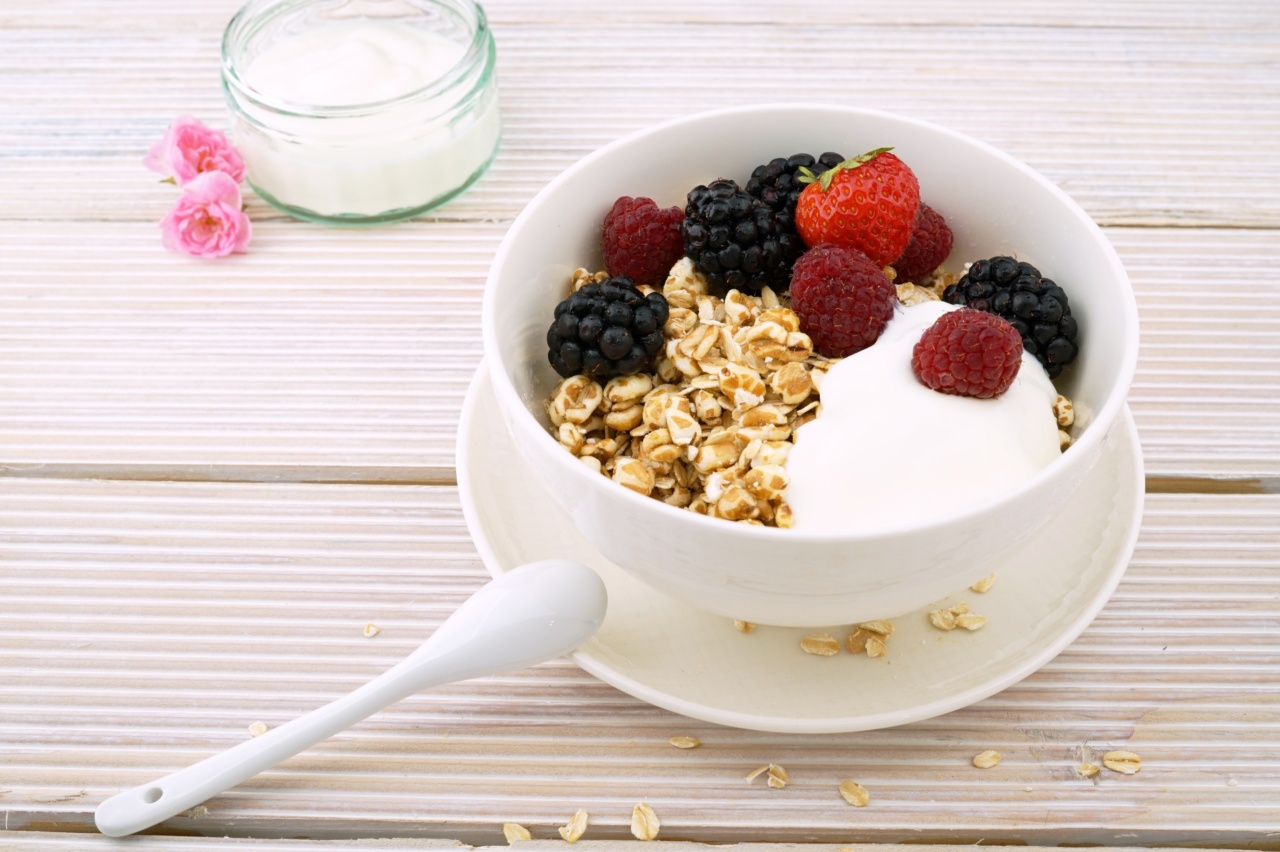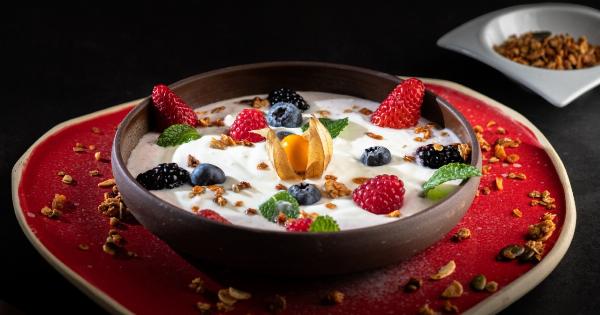When most people think of probiotics, the first thing that comes to mind is typically yogurt. While yogurt is certainly a great source of these helpful microorganisms, it’s far from the only option out there.
In fact, there are plenty of other great sources of probiotics that you can incorporate into your diet.
1. Kefir
Kefir is a fermented drink that’s made using kefir grains, which are a combination of bacteria and yeast. The resulting beverage is slightly sour and similar in taste and texture to yogurt.
It’s an excellent source of probiotics and has been linked to a number of health benefits, including improved digestion and a stronger immune system.
2. Kimchi
Kimchi is a spicy Korean side dish that’s made using fermented vegetables. Traditionally, it’s made using cabbage, but other vegetables can also be used. Along with probiotics, it’s also a great source of vitamins and minerals.
3. Kombucha
Kombucha is a type of tea that’s made by fermenting sweetened tea with a “scoby,” which is a combination of bacteria and yeast. The resulting beverage is slightly effervescent and tangy in flavor.
It’s high in probiotics and also contains antioxidants.
4. Miso
Miso is a Japanese seasoning that’s made using fermented soybeans. It’s commonly used in soup and other dishes and is an excellent source of probiotics, as well as other beneficial compounds like vitamin K and zinc.
5. Pickles
Pickles are cucumbers that have been preserved in vinegar, salt, and other flavorings. While most store-bought pickles are made using vinegar and don’t contain probiotics, you can make your own pickles using a lacto-fermentation method.
This involves fermenting the cucumbers in a saltwater solution, which encourages the growth of beneficial bacteria.
6. Sauerkraut
Sauerkraut is a German dish that’s made using fermented cabbage. It’s an excellent source of probiotics and also contains a number of other beneficial nutrients, such as vitamin C and fiber.
7. Sourdough Bread
Sourdough bread is made using a sourdough starter, which is a mixture of flour and water that’s been allowed to ferment. This gives the bread a tangy flavor and also makes it a good source of probiotics.
8. Tempeh
Tempeh is a type of fermented soybean cake that’s commonly used as a meat substitute. It’s high in protein, fiber, and probiotics, and also contains a number of other beneficial compounds, such as iron and calcium.
9. Yogurt Alternatives
If you’re looking for a dairy-free alternative to yogurt, there are plenty of options out there. These include products like coconut yogurt, almond milk yogurt, and soy milk yogurt.
Just make sure to look for varieties that contain live, active cultures.
10. Supplements
If you’re having trouble incorporating enough probiotic-rich foods into your diet, you might want to consider taking a supplement.
Probiotic supplements are widely available and can be a convenient way to ensure that you’re getting enough of these helpful microorganisms.
Overall, there are plenty of great sources of probiotics out there beyond yogurt. From kefir to sauerkraut, incorporating these foods into your diet on a regular basis can help to improve your digestion and support a healthy immune system.






























